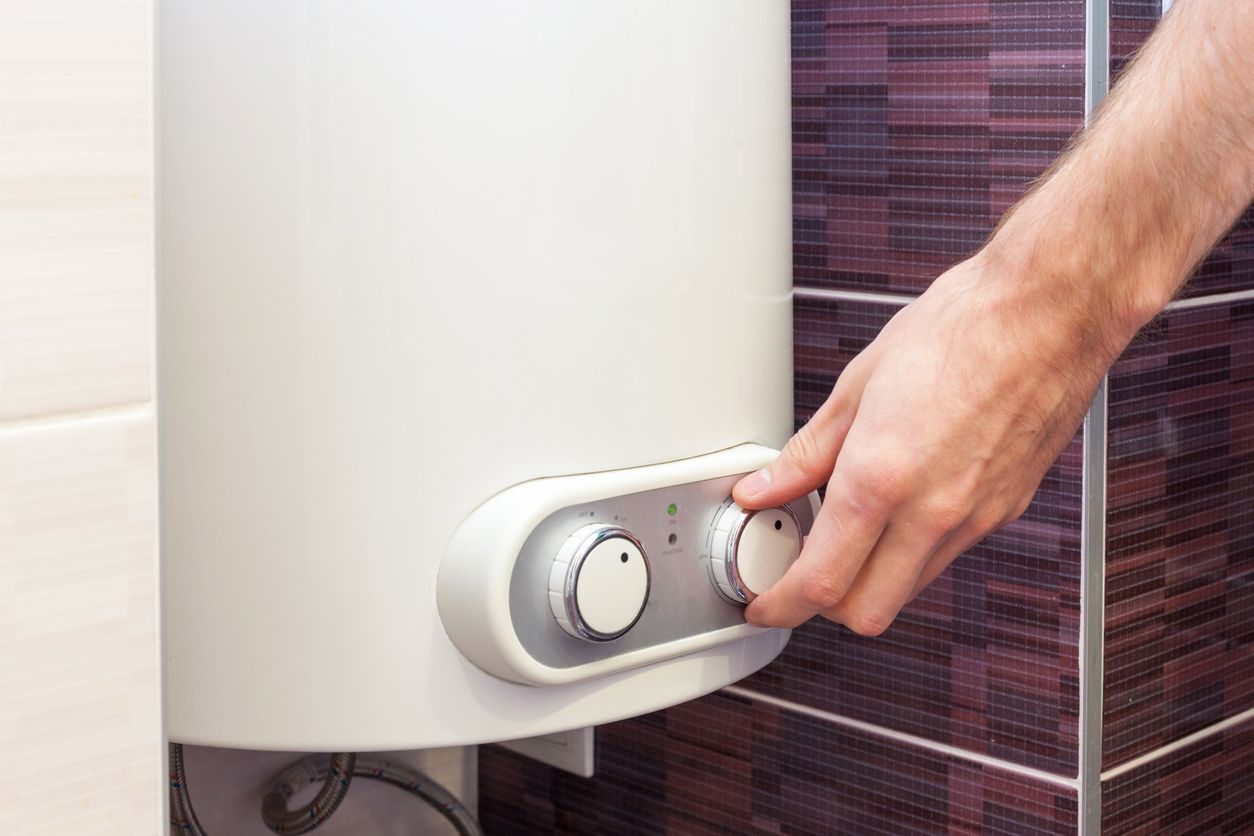Dealing with the Chief Water Heater Crisis Events
Dealing with the Chief Water Heater Crisis Events
Blog Article
How do you really feel about The Importance of Water Heater Maintenance?

A water heater is one of the most essential fundamental devices that can be discovered in a home. With water heaters, you do not need to undergo the tension of heating water manually every single time there is a requirement to wash, wash, or the dishes. However, there is always a possibility that your hot water heater would break down similar to many mechanical devices.
It is very important to note any kind of little breakdown and tackle it swiftly before points leave hand. Most times, your water heater starts to malfunction when there is an accumulation of debris as a result of continuous use. As a safety measure, routine flushing of your water heater is advised to prevent debris accumulation as well as protect against useful failure.
Typical water heater emergency situations and exactly how to deal with them
Leaking water heater tank.
A leaking container could be an indication of corrosion. It might create damage to the floor, wall as well as electric gadgets around it. You might also go to danger of having your house swamped. In this scenario, you must turn off your hot water heater, enable it to cool, and carefully try to find the source of the problem. Sometimes, all you need to do is to tighten a few screws or pipeline links in cases of minor leaks. If this doesn't function and the leak lingers, you might need to employ the services of a technician for a proper substitute.
Varying water temperature level.
Your water heating system might start producing water of various temperatures usually ice scalding or chilly hot. There may be a demand to replace either the thermostat or the home heating system of your water heating unit.
Insufficient warm water
Taking care of an insufficient supply of hot water can be irritating. It may be that the water heater can not support the hot water need for your home. To take care of this trouble, you might attempt to readjust your heater's temperature dial as well as wait for a couple of minutes. You can ask for the help of a specialist plumber if the trouble continues. You might update your water heating unit to one with a bigger ability.
Stained or odiferous water
You need to recognize if the concern is from the water or the storage tank source when this happens. You are certain that it is your water heater that is damaged if there is no amusing odor when you run cold water. The smelly water can be brought on by corrosion or the build-up of microorganisms or sediments in the water heater tank. You can attempt flushing out your storage tank or changing the anode if the problem persists once you discover this. The feature of the anode is to clean bacteria from your storage tank. Given that the anode rod substitute requires a detailed knowledge of your water heating unit, you will require the help of a professional.
Verdict
Some homeowners neglect little caution as well as minor faults in their water heater device. This just leads to more damages and a feasible total failure of your device. You ought to manage your water heater mistakes as soon as they come near prevent more costs and unneeded emergency difficulties.
With water heating systems, you do not need to go through the anxiety of home heating water by hand every time there is a requirement to take a bathroom, do the washing, or the recipes. Your water heating system can begin generating water of various temperature levels usually ice hot or cool warm. It may be that the water heating system can't support the warm water demand for your home. If there is no funny smell when you run chilly water, then you are certain that it is your water heater that is defective. The smelly water can be caused by corrosion or the accumulation of microorganisms or debris in the water heater tank.
Why Is My Water Heater Leaking?
When a water heater bursts in a home, it is a shocking event, not to mention a messy one, and it could potentially cause a lot of expensive damage. If your hot water heater burst, you’re probably wondering why this happens and what to do next.
In general, the basic reason why hot water heaters burst is that there is corrosion within the tank, which can lead to the tank bursting at its seams. Unfortunately, there are several possible underlying causes that can contribute to water heater explosions, and it’s not always apparent which one is the culprit.
Sometimes there are risk factors or warning signs that could indicate a water heater explosion is imminent, but not always. In order to understand the risk factors that could contribute to a water heater exploding, it’s important first to understand the type of water heater that you have in your home.
What Are The Common Causes of Water Heater Leaks?
In general, it's a good idea to call a emergency plumbing company if you have any questions about the cause of your water heater leak. The most frequent reasons why water heaters leak are:
Drain valve
The drain valve is used to empty the tank during maintenance visits and replacements by plumbers and homeowners. The drain valve is also utilized by homeowners when cleaning the tank is required. Over time, the valve becomes loose, allowing water to flow through. Leaks from the bottom of the valve, on the other hand, suggest that the component isn't waterproof. This situation calls for the installation of a new drain valve. Homeowners may replace this themselves, but it's better to get advice from a professional plumber before you do so.
Too much pressure
Water heaters are affected by naturally occurring water pressure, just like any other plumbing component. The hot water that generates steam and fills the vacant space causes pressure in water heaters. When the steam has no where to go, the pressure becomes too high. Any crack in the heater allows water to escape, relieving some of the pressure. When the water temperature is set too high or when water enters the system at large pressures, the heater's pressure rises.

Hopefully you enjoyed reading our section on Warning Signs You Need Water Heater Repairs. Thanks so much for taking a few minutes to read through our piece of content. So long as you appreciated our blog posting plz be sure to pass it around. I treasure reading our article about Is Your Water Heater Leaking?.
Quick, reliable, call! Report this page